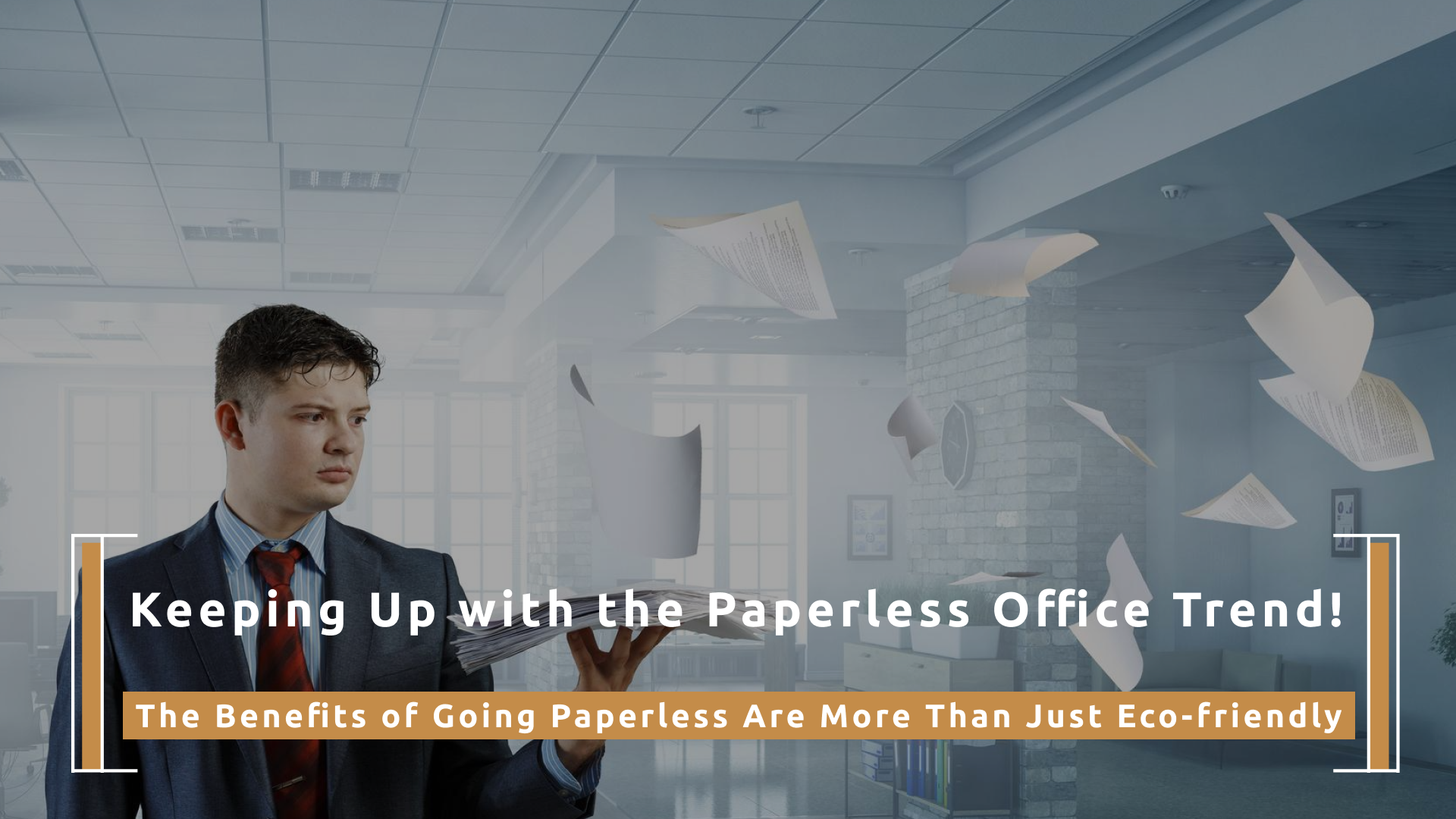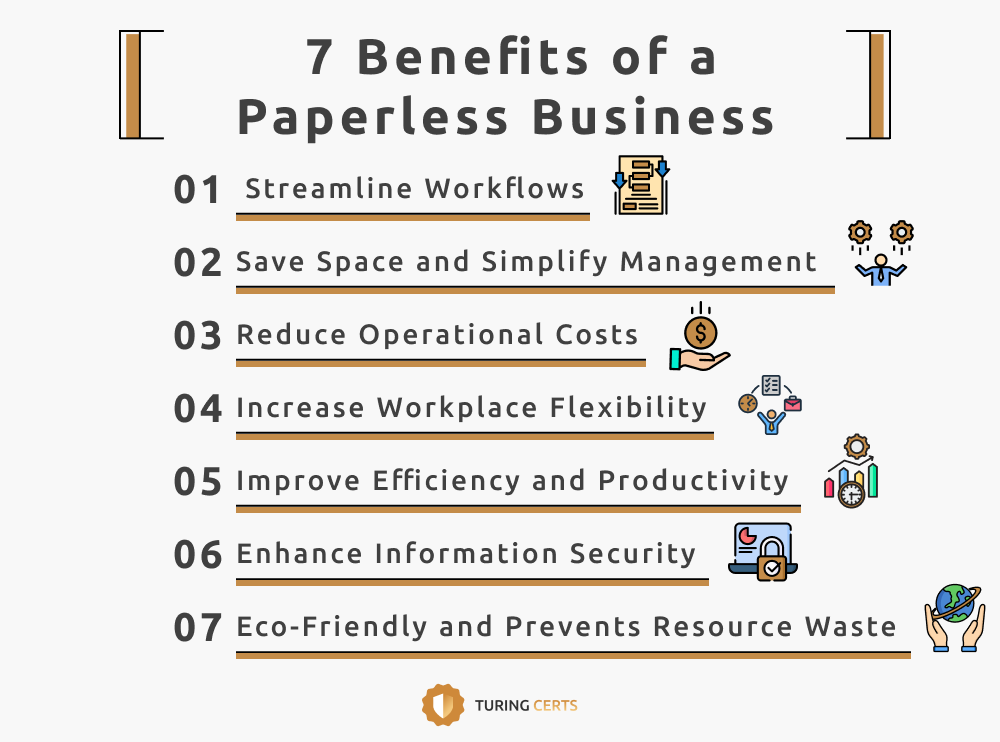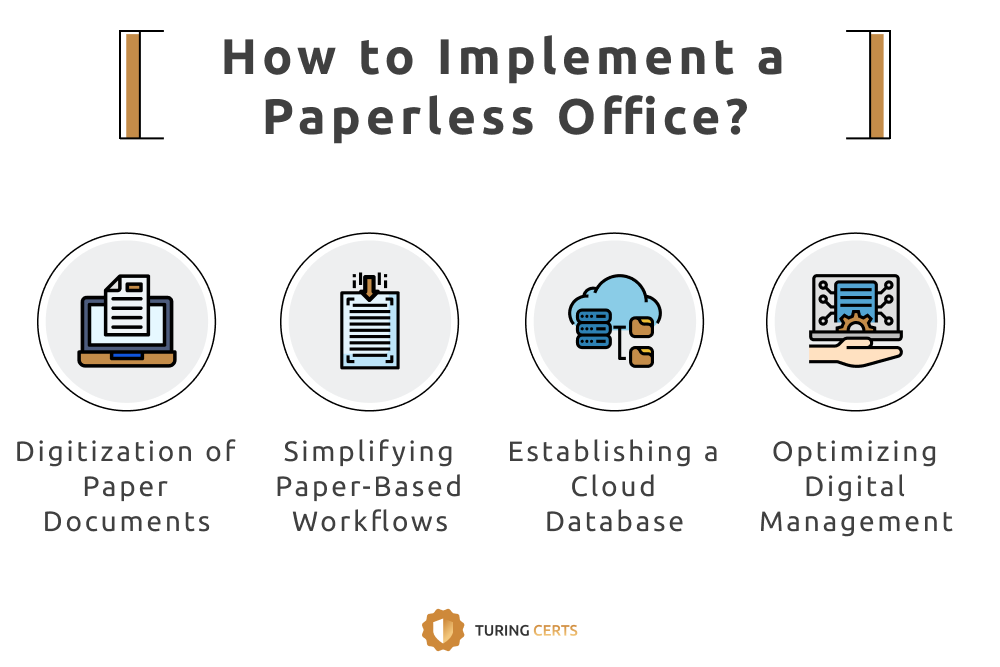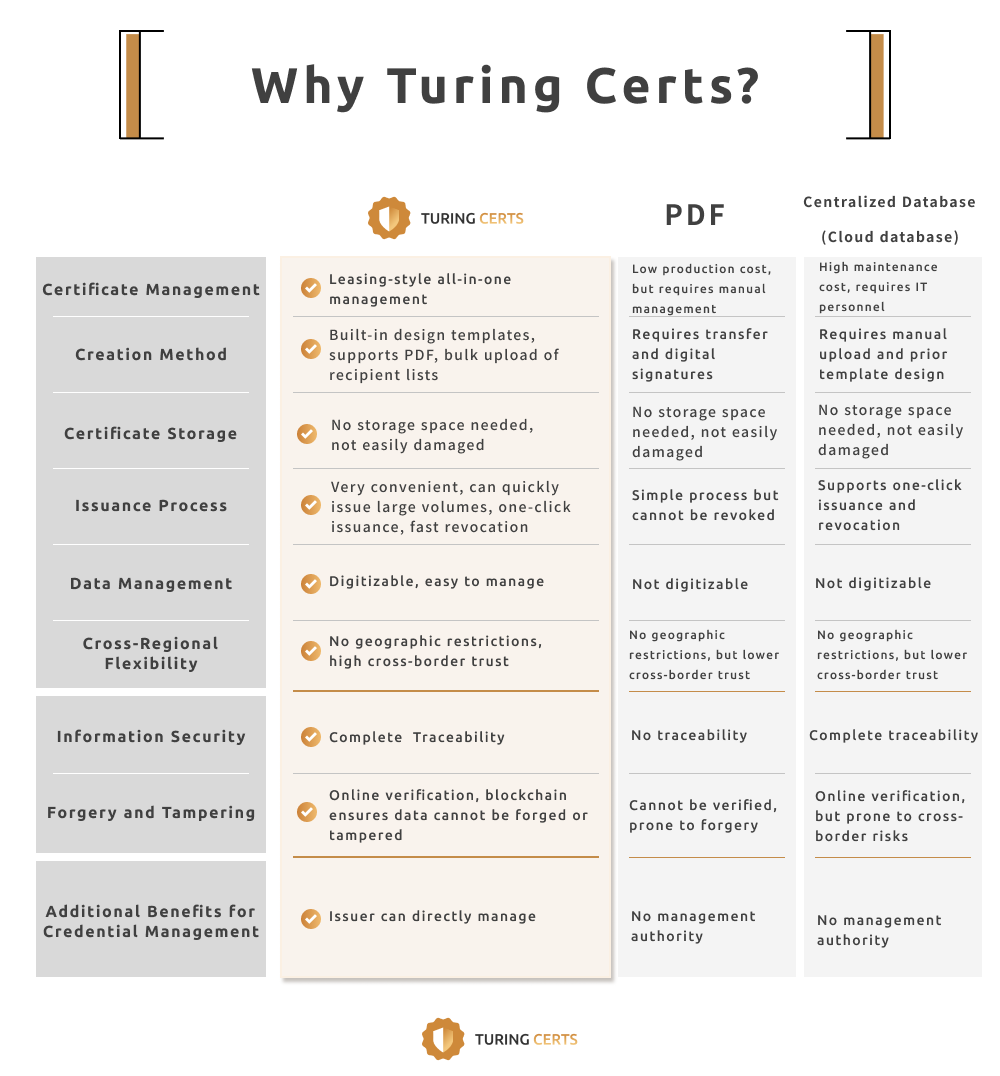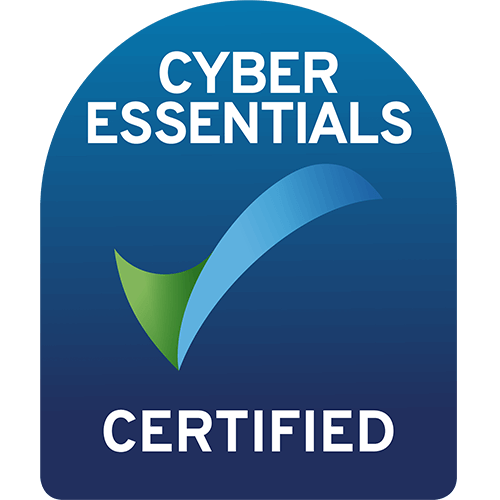Keeping Up with the Paperless Office Trend! The Benefits of Going Paperless Are More Than Just Eco-friendly
2024/10/14
What is going paperless, and why should businesses adopt it? The benefits of a paperless business extend far beyond environmental protection! This article will dive into the advantages of going paperless, introduce the paperless trend, and explain how to implement a paperless office, helping you transiting to a paper-free workspace and achieving effective paperless management!
Table of Contents
I. What is Paperless? Follow Up The Paperless Trend for Businesses and Offices
II. More Than Just Eco-friendly! 7 Benefits of a Paperless Business
- Benefit 1: Streamline workflows
- Benefit 2: Save space and improve management
- Benefit 3: Reduce operational costs
- Benefit 4: Increase workplace flexibility
- Benefit 5: Boost work efficiency and productivity
- Benefit 6: Enhance data security
- Benefit 7: Eco-Friendly and Prevents Resource Waste
III. How to Implement a Paperless Office?
- A. Digitization of Paper Documents
- B. Simplifying Paper-Based Workflows
- C. Establishing a Cloud Database
- D. Optimizing Digital Management
IV. The Best Paperless Management Helper: Turing Certs!
I. What is Paperless? Follow Up The Paperless Trend for Businesses and Offices
The term, paperless means to replace paper with digital tools, aiming to minimize the use of paper in our daily lives.
To produce paper, we consume vast amounts of wood and water resources. According to the World Wildlife Fund (WWF), the global paper industry ranks 4th in energy consumption among all sectors. Additionally, the paper-making process generates waste and carbon emissions. According to the Taiwan Paper Industry Association, the paper industry emits approximately 4.4 million tons of greenhouse gases annually. To protect the environment and sustainability, promoting paperless practices has become a common goal for governments and businesses worldwide.
A. Paperless trends around the world
In response to the need for paperless operations, some countries have implemented relevant policies, advancing towards digital transformation.
- Japan: In 2018, the Japanese government amended the School Education Law, promoting the use of electronic textbooks alongside paper textbooks. The Ministry of Education will gradually introduce electronic textbooks by 2024, reducing the use of paper-based teaching materials.
- Denmark: The Danish government has been pushing for a cashless society. In 2016, the central bank stopped printing new banknotes to encourage digital payments. By 2018, only about 13% of transactions in Denmark were made with cash.
- Dubai: In 2020, the Dubai government moved all government transactions to the online encrypted system, Blockchain, potentially reducing nearly 100 million paper-based transactions per year, helping government agencies become fully paperless.
- Taiwan: Taiwan has countless paperless policies. For instance, electronic receipt carriers are now widely used, and several cities have adopted smart parking systems, parking without issuing paper payment slips. The Executive Yuan and Legislative Yuan have also implemented paperless meeting systems.
B. What is a Paperless Office?
A paperless office refers to a workflow where paper usage is minimized or eliminated. It is not limited to the offices. Every business or industry can adopt a paperless work setting.
Why should businesses promote a paperless office? Is it necessary for companies?
As early as 2004, the United Nations Global Compact introduced the concept of “ESG” (Environmental, Social, and Governance) in the Who Cares Wins report, emphasizing these factors as key criteria for evaluating a company’s success. It is important because international clients often assess a company’s ESG reports to decide whether to work with them.
The issue of paper waste in the workplace is closely tied to environmental concerns. As a result, for businesses and governments aiming to align with ESG principles, paperless operations are undoubtedly a critical component.
II. More Than Just Eco-friendly! 7 Benefits of a Paperless Business
The advantages of going paperless are numerous. It not only supports environmental sustainability, but it also brings substantial benefits to businesses.
Benefit 1: Streamline Workflows
Paperless systems can reduce many unnecessary workflows. For instance, replacing traditional paper documents with electronic ones means that notifications, approvals, and document transfers can all be done through cloud networks, eliminating the need to physically move between departments and saving significant work time.
Benefit 2: Save Space and Simplify Management
Traditional paper documents require storage or warehouse space. After going paperless, the space once occupied by physical documents can be repurposed, and digital documents stored in the cloud are much easier to manage. Unlike paper files, which can be at risk of loss, digital files offer a more secure and efficient management solution.
Benefit 3: Reduce Operational Costs
Paper-based systems hide many hidden costs, such as purchasing paper, maintaining printers, ink and toner, electricity for printing, and managing physical documents. Implementing paperless systems helps businesses save on these expenses.
Benefit 4: Increase Workplace Flexibility
As a business moves toward digitization and paperless practices, workplace possibility increases. Employees are no longer bound by physical locations or rigid working conditions, allowing for more efficient work processes.
For example, businesses can communicate with clients online without the need to exchange physical documents (paperless meetings), and employees can execute tasks remotely without having to physically deliver paper documents between departments.
Benefit 5: Improve Efficiency and Productivity
The time, space, and cost savings from going paperless can be redirected toward core business tasks, significantly boosting internal work efficiency and overall productivity.
Benefit 6: Enhance Information Security
Once paper documents are digitized, sensitive and important information is managed through encrypted systems. Access to data is strictly controlled, with only authorized personnel able to view it. Compared to traditional paper documents, digital management reduces the risk of theft or loss, enhancing overall information security.
Benefit 7: Eco-Friendly and Prevents Resource Waste
Going paperless reduces carbon emissions, water consumption, and deforestation, contributing to environmental sustainability and the responsible use of natural resources. This is the most fundamental goal and benefit of paperless business practices.
III. How to Implement a Paperless Office?
If you want to implement a paperless business, what steps should you take?
A. Digitization of Paper Documents
One of the most common methods of going paperless is digitizing paper documents, and converting them into electronic formats that can be accessed and managed on electronic devices and mobile platforms (such as computers, USB drives, business phones, and cloud systems). Common methods of document digitization include:
- Optical Character Recognition (OCR): OCR stands for Optical Character Recognition, a technology that converts handwritten or printed text from images into machine-readable coded text. In simple terms, OCR allows us to easily extract text and information from paper documents and images, storing the content in a cloud system.
- Scanning: By using a scanner, paper documents can be converted into electronic files and stored in formats like PDF or PNG in cloud systems.
B. Simplifying Paper-Based Workflows
A business can also start by simplifying its paper-based workflows. For example, electronic signatures can replace traditional handwritten signatures or stamps, streamlining processes such as signing contracts or approving documents.
When discussing electronic signatures, it’s important to differentiate between “electronic signatures” and “digital signatures,” as they are often confused but refer to different things:
- Electronic Signature: This is a broad term for any signature used to verify the identity of the document signer and the authenticity of the document in electronic form. For instance, when signing a phone contract at a telecom store using an electronic signature pad, this is considered an electronic signature.
- Digital Signature: Digital signatures offer an additional layer of security through encryption technologies. They use public and private keys for signing and identity verification. A private key allows the user to encrypt and generate the signature, while the public key enables the other party to decrypt and verify the signature.
C. Establishing a Cloud Database
Once paper documents are digitized, traditional storage space is no longer required. On the other side, it’s necessary to establish an online cloud database. This centralized database will manage and provide access to these documents.
D. Optimizing Digital Management
As businesses transition to digital management, the awareness of cybersecurity and the demands of information security are increased. While digital data is easier to manage, we must remain cautious and vigilant about protecting confidential information, which is equivalent to company assets. Businesses need to optimize digital management to prevent hacking and other security breaches.
IV. The Best Paperless Management Helper: Turing Certs!
Turing Space is a TrustTech startup founded by Jeff Hu in 2020, dedicating to addressing the complexity of certifications among industries worldwide. We build up a borderless digital trust network with blockchain technology and cybersecurity, advancing global digital transformation, aiming to become the cornerstone of international trust transmission.
What paperless services can Turing Certs provide you?
✅ Digitize certificates
✅ Issue credentials in bulk and quickly, with just one click
✅ Efficiently manage digital credentials and resource maintenance
✅ All-in-one leasing management with reasonable pricing
✅ Easily verify information—blockchain ensures data cannot be forged or altered
Choose Turing Certs for a superior paperless certificate management solution over other methods.
![]() Media Contact|[email protected]
Media Contact|[email protected]

